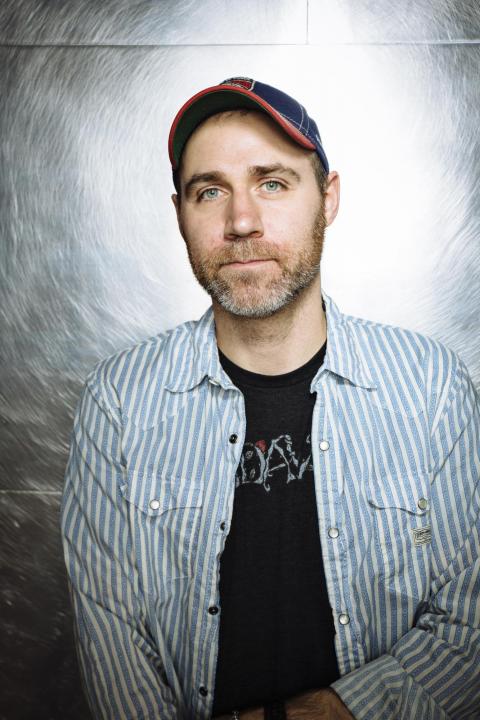PledgeMusic Creates New Platform to Connect Musicians and Fans—and Money

Benji Rogers
Photo by Matt Furman
At a time when the music industry is trying to figure out how to keep listeners paying for the songs pumping into their earbuds, PledgeMusic is building a business on the idea that fans want to give more—not less—to support their favorite artists. But fans also want more in return.
“Fans are generally offered an inferior experience,” says Benji Rogers '92, a Berklee alumnus and the founder and CEO of PledgeMusic. “The industry has created various ways of buying a product, but it’s not created a way for fans to engage.”
PledgeMusic lets fans spend as little as $12 or so for a CD or as much as several thousand for a special experience, such as a private concert. A music crowdfunding and direct-to-fan marketing platform, PledgeMusic lets fans give money to support their favorite artists in several ways, from helping them pay for studio time to financing their tours and more.
"If you pledge on an artist's project and you watch them make an album, it is one of the most engaging, exciting, weird experiences you will ever have," Rogers said. And it creates loyal fans.
These fans, or pledgers, typically spend $55 per interaction, Rogers said.
The formula has been an enormous success. Though only four years old, the company now employs more than 40 people and launches two to three albums a day. At any given time, about 900 projects are in development, and thousands others are at various stages.
Moreover, more than three quarters of the projects reach their funding goals. This is in part because PledgeMusic only selects artists it believes can succeed. It receives about 100 projects a week and vets each of them.
“We’re more than willing to roll up our sleeves with an artist and do a bit of development with them,” says Jayce Varden, who met Rogers during their time together at Berklee and is now PledgeMusic’s president. Varden also holds a business degree from Boston College. “For the right artist, we can say, ‘you have an engaged fan base, and you’re at the right point in your career to do this.’”
The company takes a 15 percent cut of the pledges and in return provides exposure on the website as well as guidance, data capture tools, email services, and other promotional assistance. It does not retain any rights to the music created.
PledgeMusic has also built in a charitable component to its campaigns, allowing musicians to dedicate a percentage of their pledges to a charity of the artist’s choice. Nearly all artists—99 percent—elect to donate part of their pledges to charity, according to the company.
Unlike campaigns started on the crowdfunding site Kickstarter, donors to PledgeMusic don’t see how much money an artist is looking to raise, they only see the percentage of how close the artist is to reaching the goal. PledgeMusic also likes to keep campaigns short, and recommends that artists set a deadline of somewhere between 30 to 60 days. After a direct-to-fan campaign reaches its goal, the artist will receive 75 percent of his or her share immediately and the remainder when the obligations to pledgers have been fulfilled.
Some of those artists have included Ben Folds Five, Amanda Palmer, George Benson, the Libertines, Minus the Bear, Slash, and Vertical Horizon.
Artists like these, and the music they make, will never go away, regardless of how listeners get that music. And PledgeMusic has made it its mission to fill the space between artist and fan no matter what the future holds for CDs and mp3s.
